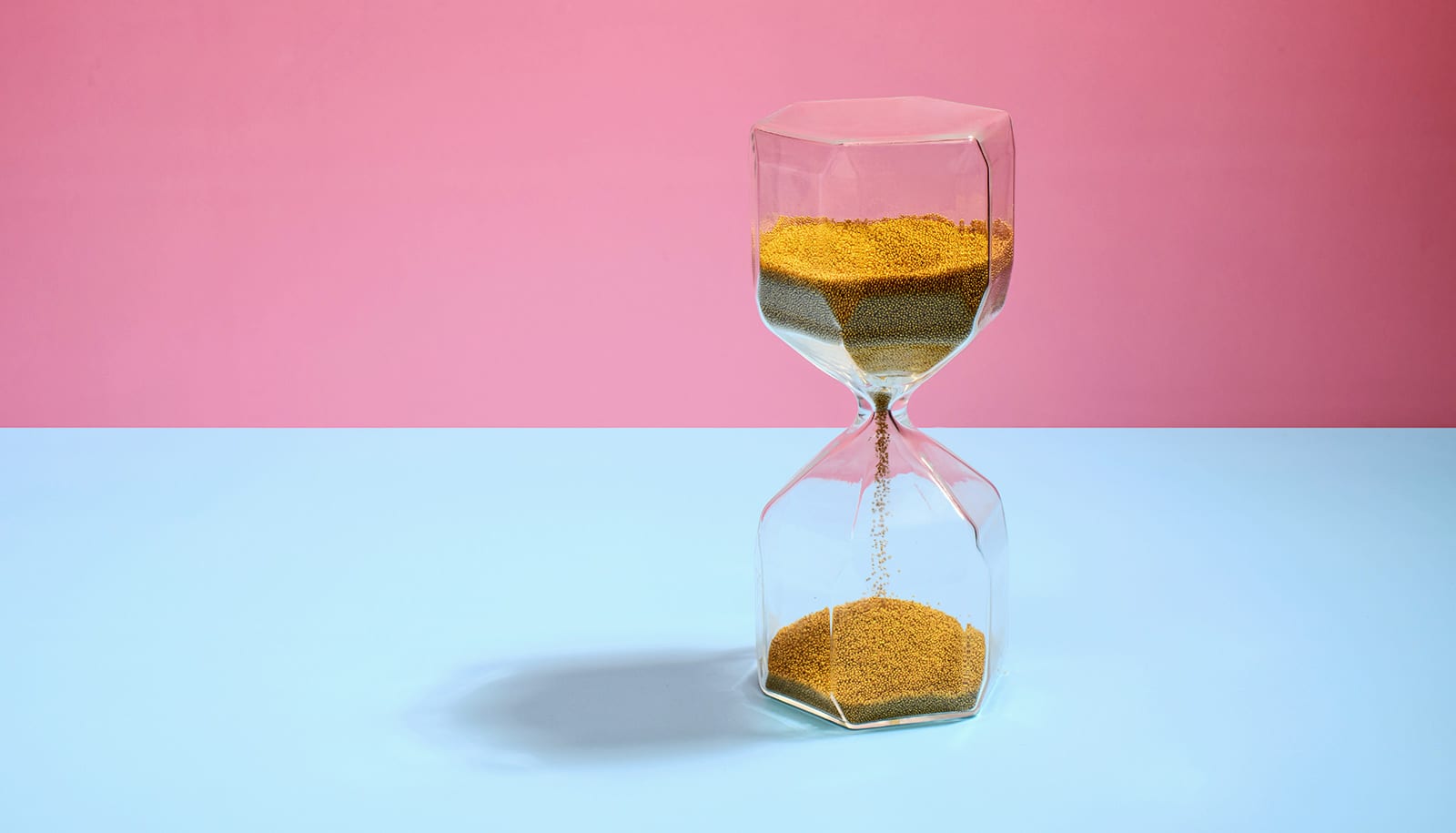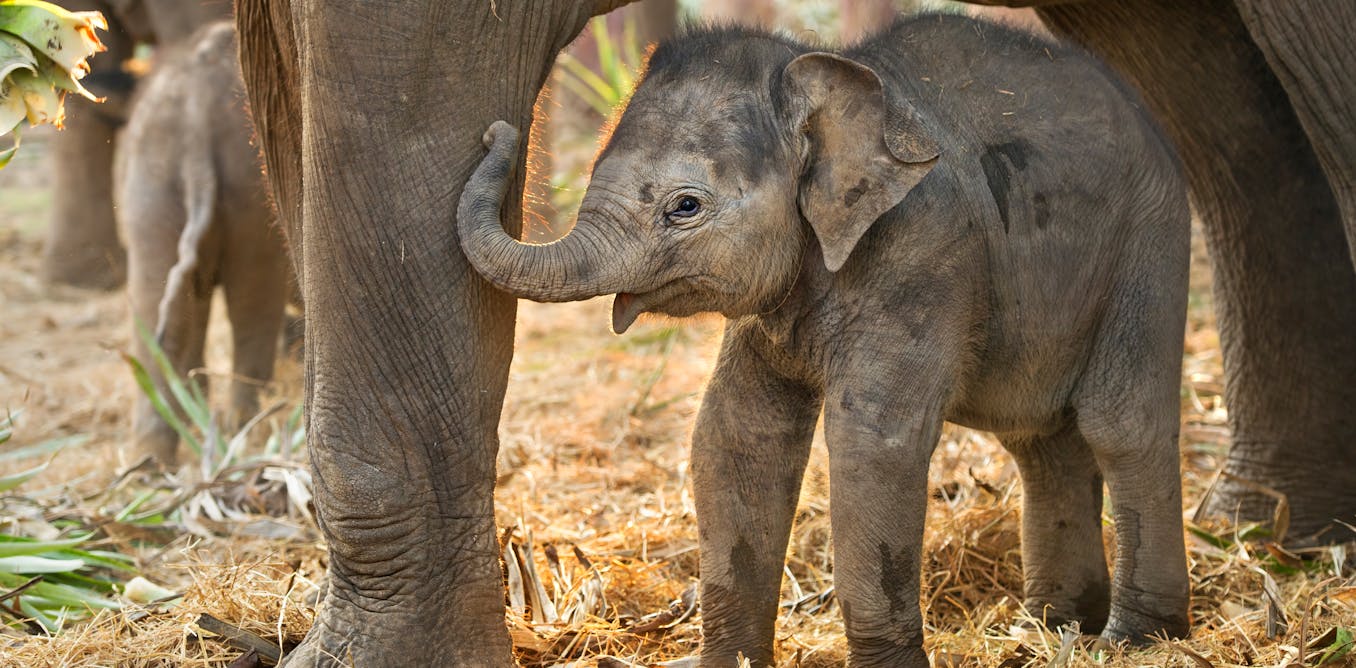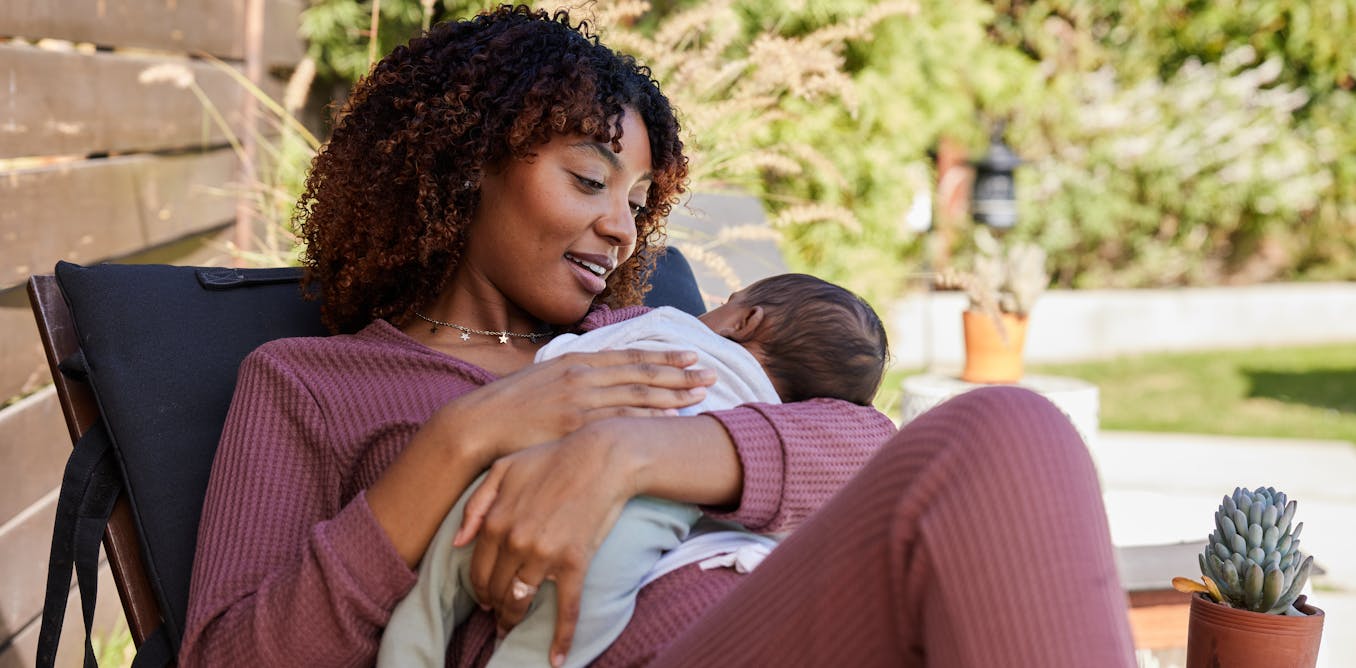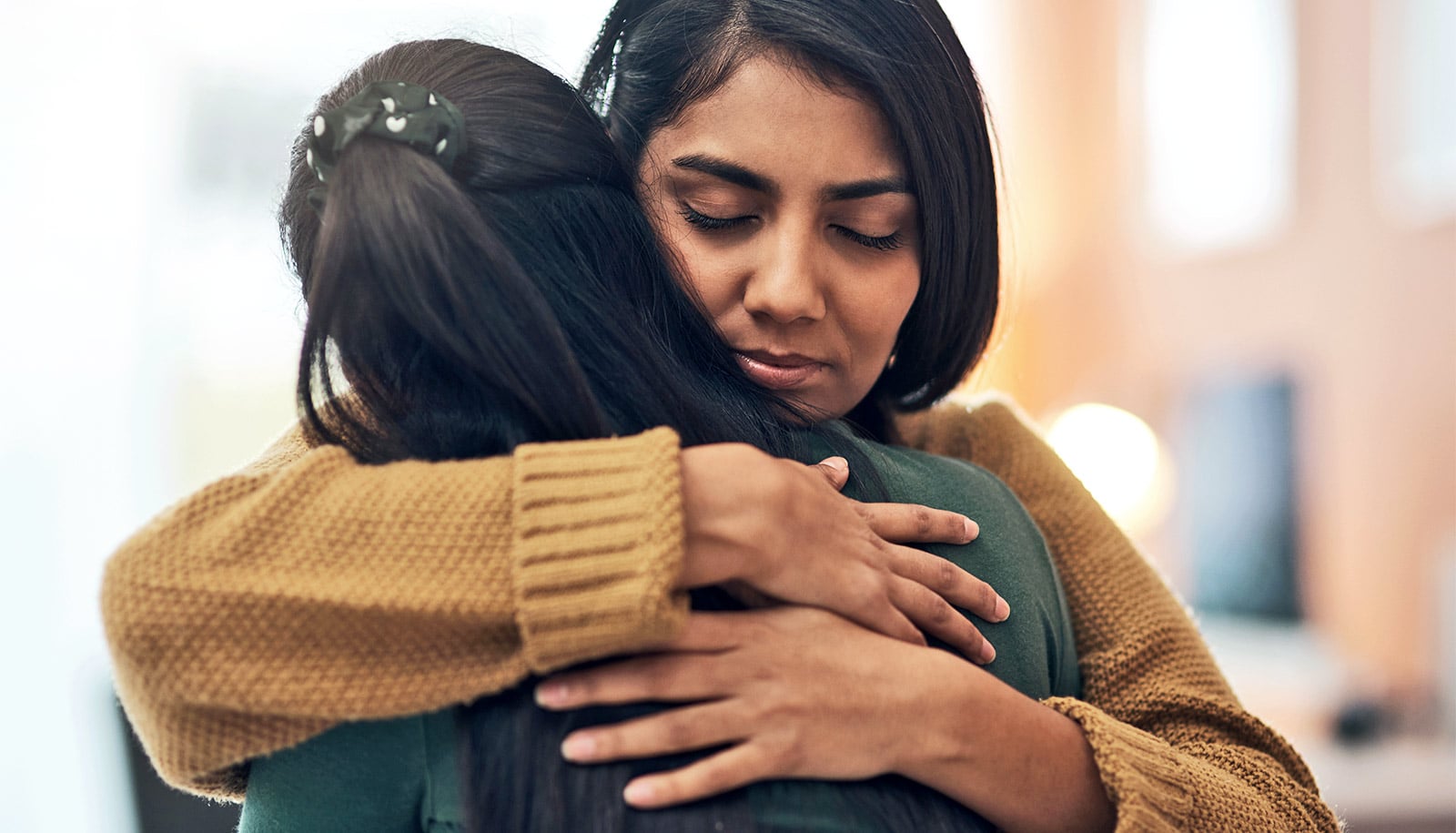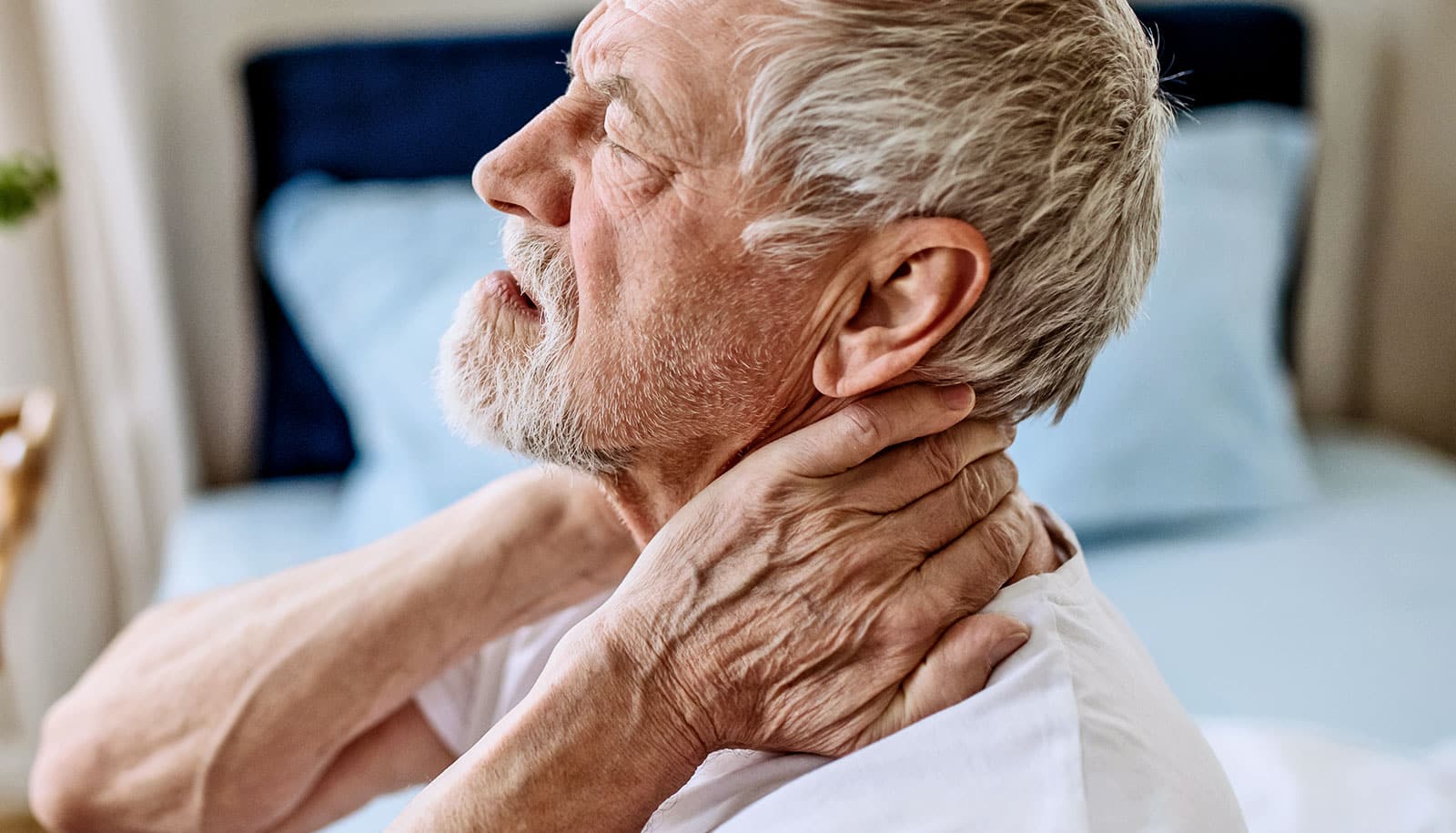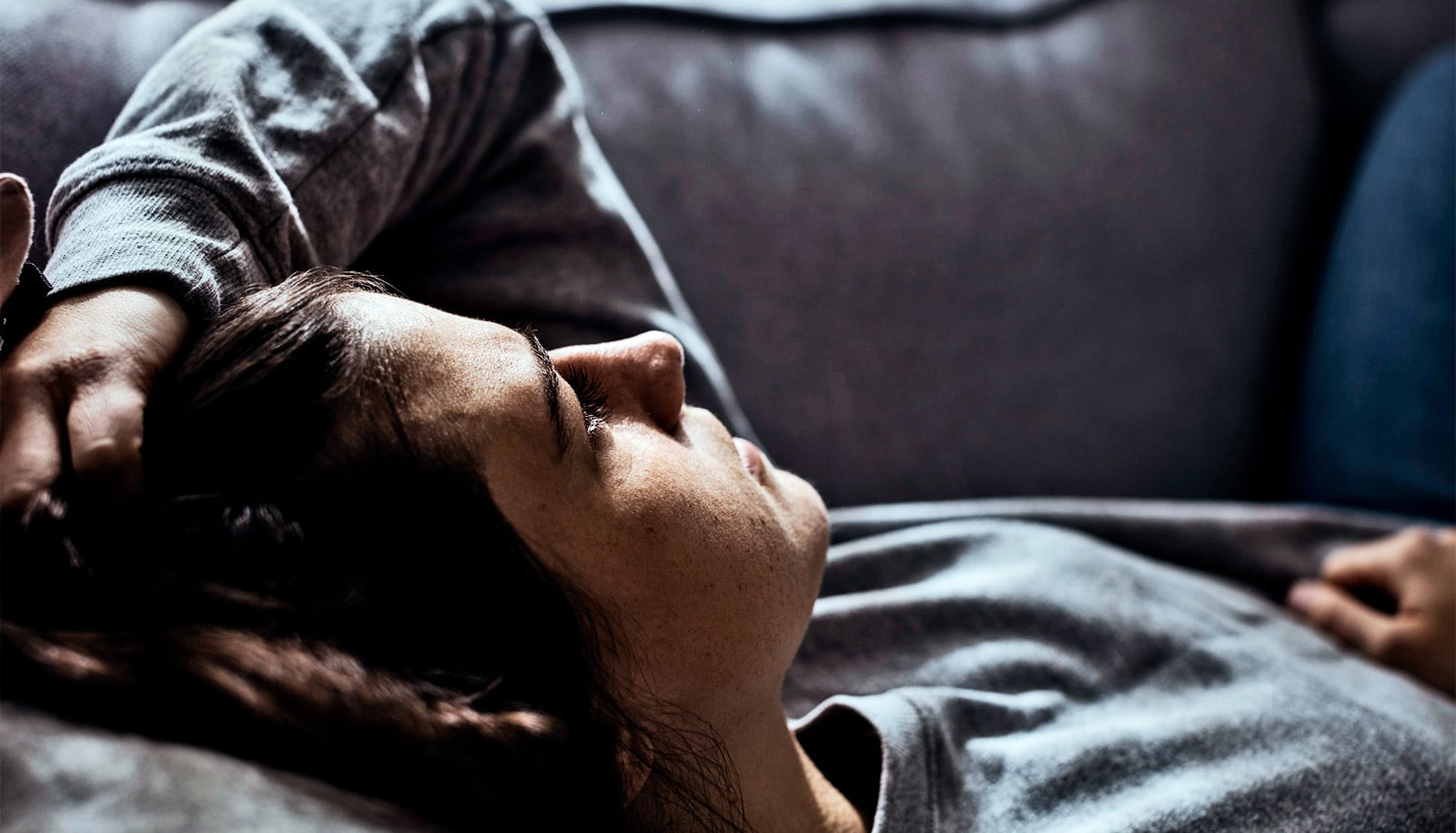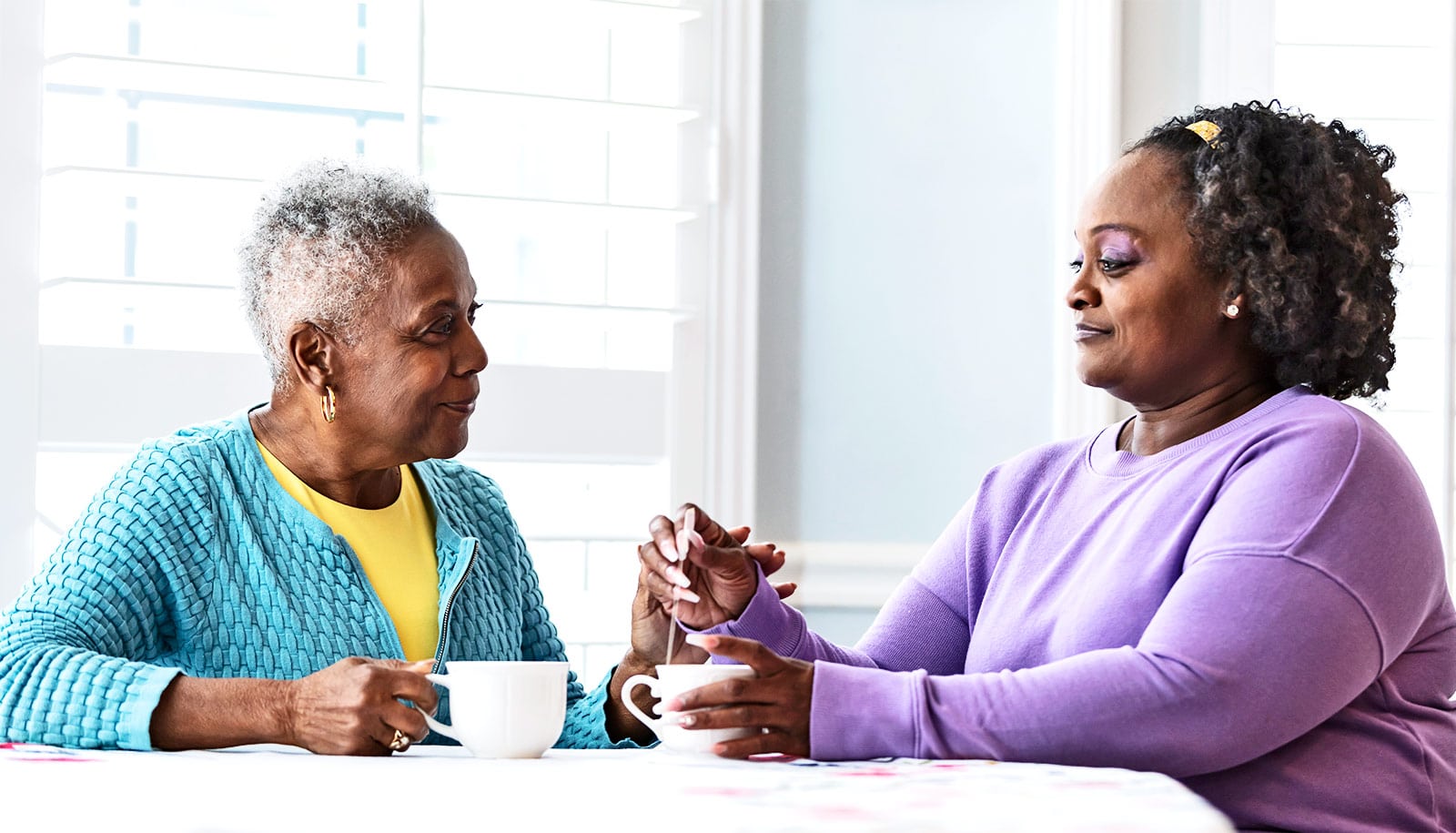The tragedy of sudden unexpected infant deaths – and how bedsharing, maternal smoking and stomach sleeping all contribute
Rates of sudden unexpected infant deaths have not gone down significantly over the last 20 years, and in some racial groups the numbers are rising.
Fern R. Hauck, MD, MS, Professor of Family Medicine and Public Health Sciences, University of Virginia
• conversation
yesterday • ~6 min
yesterday • ~6 min
Elephant calves have been found buried – what does that mean?
Recent reports of burials of elephant calves are intriguing but it’s impossible to confirm that this was intentional.
Leanne Proops, Associate Professor in Animal Behaviour and Welfare, University of Portsmouth •
conversation
March 15, 2024 • ~6 min
March 15, 2024 • ~6 min
Ghostbots: AI versions of deceased loved ones could be a serious threat to mental health
AI ghosts, the recreation of digital versions of the dead, may sound like a wonderful idea to those dealing with the pain of loss but this technology could seriously disrupt the grieving process
Nigel Mulligan, Assistant Professor in Psychotherapy, School of Nursing, Psychotherapy and Community Health, Dublin City University •
conversation
March 14, 2024 • ~7 min
March 14, 2024 • ~7 min
Breastfeeding benefits mothers as much as babies, but public health messaging often only tells half of the story
Some states, especially in the Southeastern US, have large disparities in breastfeeding among racial groups, making clear the need to lower barriers for breastfeeding in the workplace and elsewhere.
Joynelle Jackson, Associate Professor of Nursing, University of South Carolina •
conversation
Feb. 8, 2024 • ~10 min
Feb. 8, 2024 • ~10 min
/
29

